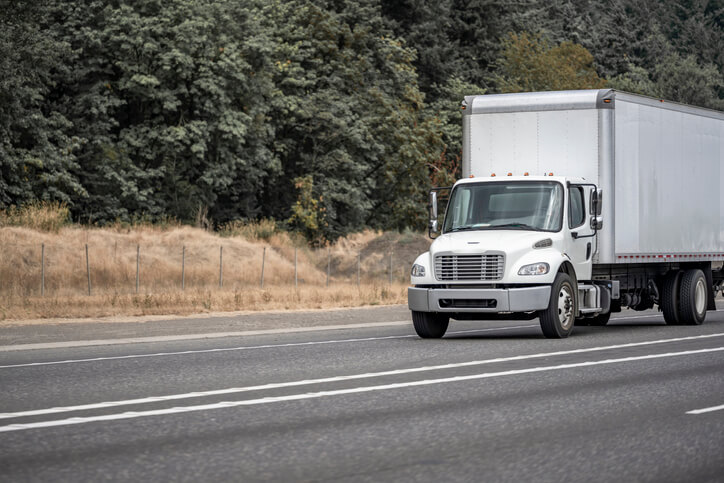A semi-truck or tractor-trailer is said to jackknife when its trailer swings out from behind the truck bed and to its side, referred to as a tracker “swing” or “slew.” As a result, the truck forms a kind of “L” or “V” shape. It’s referred to as jackknifing as the truck resembles a folding pocketknife. When an oversized truck jackknifes, the results can be devastating to a large swath of vehicles on the road. Because of the magnitude of these trucks, the reach of destruction can be great, extending in every direction and across lanes of traffic.
Causes of Jackknife Accidents
When a truck jackknifes, it can result in significant property damage and devastating injuries to those involved. If you yourself have not ever been involved in a jackknife accident or seen one occurring, you may have been in a resulting traffic jam as such an accident can shut down entire roads and sections of highway for several hours or longer. The devastation left behind as a result of a jackknifing truck can take a significant amount of time to manage before it is safe for traffic to proceed.
So, what causes a jackknife accident? Well, the root cause is a semi-truck experiencing a sudden change of speed or weight distribution. This often occurs due to the driver slamming on the brakes. Some of the most common reasons a truck jackknifes include:
- Speeding: A jackknife accident can often be the result of the truck driver speeding. Consider the fact that these oversized vehicles weigh upwards of 80,000. Put too much speed behind this weight and you have a recipe for disaster. Semi-trucks require 40% more time to effectively stop than other, smaller vehicles. Speeding makes it more likely that the truck driver will have to, at some point, quickly brake to avoid traffic or another roadway hazard. Suddenly stopping makes it more likely that the truck will jackknife.
- Improper loading: If the truck’s cargo is improperly loaded, it makes it more likely for it to shift at some point during transport. A sudden disruption in the weight load being carried by the truck can cause the trailer to slide out to the side and jackknife.
- Trucker inexperience: Managing the great weight of a semi-truck is no small task. It takes experience and it takes training. Sometimes, in the name of saving money, trucking companies will skimp on hiring and bring on inexperienced drivers. An experienced, well-trained truck driver is more likely to know how to and be prepared to avoid dangerous situations.
- Driver fatigue: Tired drivers are dangerous drivers. This may even be more so true when it comes to those drivers behind the wheels of big rigs. Semi-truck drivers are also more susceptible to fatigue as they often log many hours out on the road. When a driver is fatigued, they have slower reaction times and impaired judgment, both of which can lead to an accident such as a jackknife accident.
- Bad weather: Inclement weather can mean icy or wet roads that reduce a vehicle’s ability to effectively stop and the driver’s ability to effectively control the vehicle. In the case of large trucks, losing traction on the roadway can all too easily lead to the driver losing control and the truck bed swinging out behind them.
Philadelphia Personal Injury Attorneys
Jackknife injuries can mean devastating injuries for many. If you have been hurt in a semi-truck accident, do not delay in reaching out to the team at Cooper, Schall & Levy. Contact us today.


